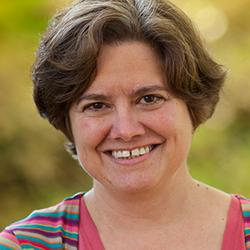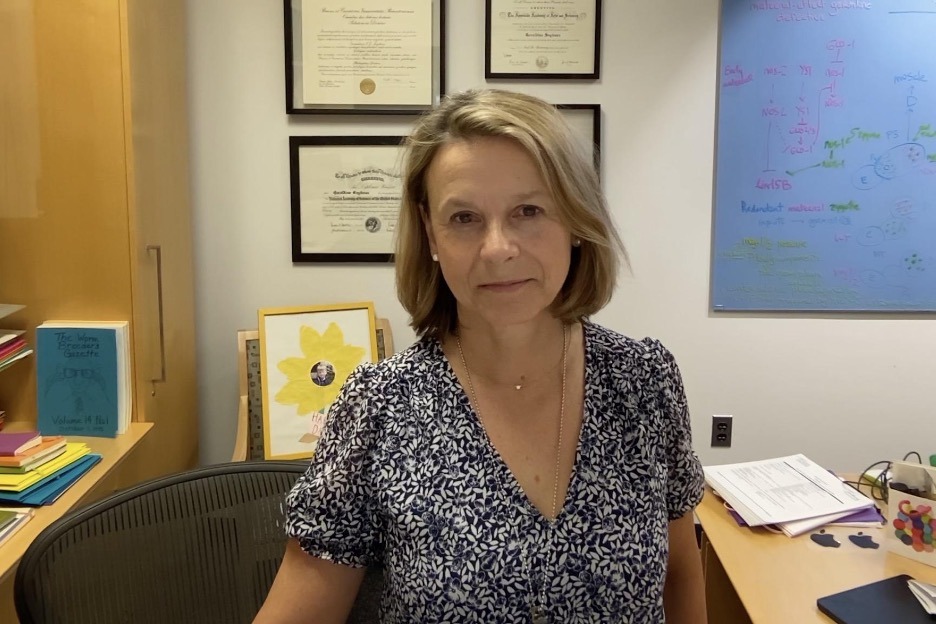

Oliver Hobert
Keynote Speaker
Oliver Hobert is a Professor of Biological Sciences at Columbia University and an Investigator with the Howard Hughes Medical Institute. His lab uses the nematode C. elegans to study the problem of how neurons acquire their unique and distinct identity features and how neurons can change their phenotypes in response to specific internal and external states.

Julie Ahringer
Julie Ahringer is the Director of the Gurdon Institute at the University of Cambridge where she investigates transcription and chromatin regulation in development. Her group also pioneered genome-wide RNAi screening, carrying out the first systematic inactivation of genes in any animal by creating the widely-used C. elegans RNAi feeding library.

Sandhya Koushika
Sandhya P. Koushika is a faculty member at the Department of Biological Sciences, Tata Institute of Fundamental Research, Mumbai, India. Her lab works in the area of cellular neurobiology and studies the biogenesis and transport of synaptic vesicles and mitochondria. One recent area of research is understanding the role of actin in neurons.

Geraldine Seydoux
Geraldine Seydoux is the Huntington Sheldon Professor in the Department of Molecular Biology and Genetics at the Johns Hopkins University School of Medicine. Her research is focused on germline development and RNA regulation, with an emphasis on the assembly and role of RNA granules in germ cells.

Hong Zhang
Hong Zhang is an Investigator in the Institute of Biophysics, Chinese Academy of Sciences. His lab demonstrated that during C. elegans embryogenesis, specialized protein aggregates, called PGL granules, are selectively removed by autophagy in somatic cells. Using degradation of PGL granules as a model, his lab carried out the first systematic genetic screens in multicellular organisms and identified a set of metazoan-specific autophagy genes, called Epg genes. His lab further revealed that Epg genes act at steps unique to the autophagy pathway in multicellular organisms. Currently, his lab is studying how phase separation and transition control autophagic degradation of protein aggregates.

